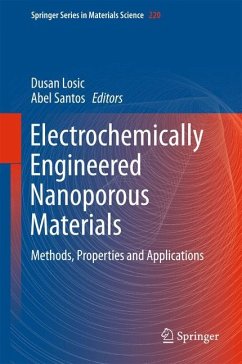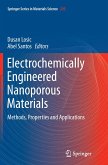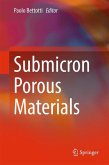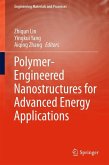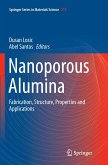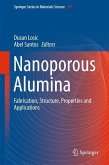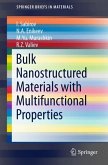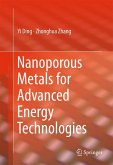This book provides in-depth knowledge about the fabrications, structures, properties and applications of three outstanding electrochemically engineered nanoporous materials including porous silicon, nanoporous alumina and nanotubular titania. The book integrates three major themes describing these materials. The first theme is on porous silicon reviewing the methods for preparation by electrochemical etching, properties and methods for surface functionalization relevant for biosensing applications. Biomedical applications of porous silicon are major focus, described in several chapters reviewing recent developments on bioanalysis, emerging capture probes and drug delivery. The second theme on nanoporous alumina starts with describing the concept of self-organized electrochemical process used for synthesis nanopore and nanotube structures of valve metal oxides and reviewing recent development and progress on this field. The following chapters are focused mainly on optical properties and biosensing application of nanoporous alumina providing the reader with the depth of understanding of the structure controlled optical and photonic properties and design of optical biosensing devices using different detection principles such as photoluminescence, surface plasmon resonance, reflective spectrometry, wave guiding, Raman scattering etc. The third theme is focused on nanotubular titania reviewing three key applications including photocatalysis, solar cells and drug delivery. The book represents an important resource for academics, researchers, industry professionals, post-graduate and high-level undergraduate students providing them with both an overview of the current state-of-the-art on these materials and their future developments.
Bitte wählen Sie Ihr Anliegen aus.
Rechnungen
Retourenschein anfordern
Bestellstatus
Storno

